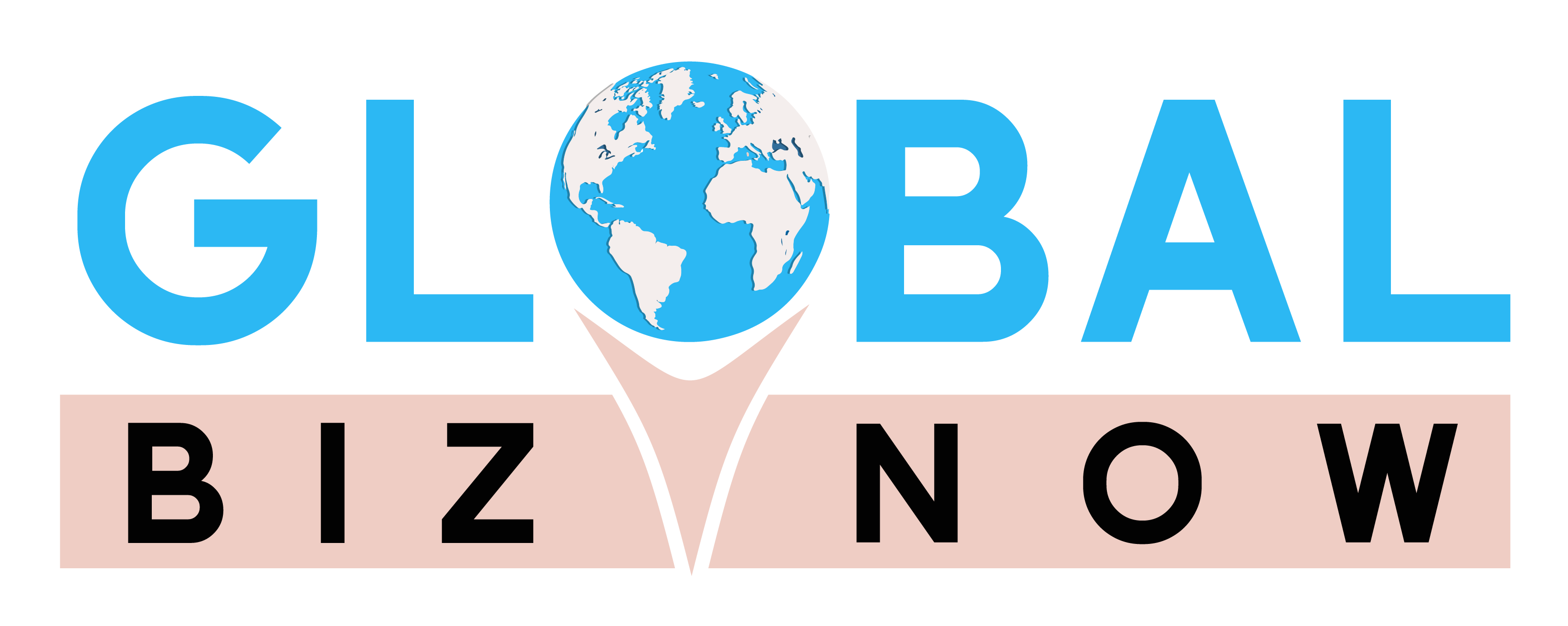The McDonald’s Departure: A Precedent for Change
In June 2017, McDonald’s and the Olympic Games ended a multi-decade sponsorship arrangement halfway through an eight-year contract extension. The dissolution of this partnership was largely due to consistent bad press from public health groups highlighting the International Olympic Committee’s (IOC) hypocrisy: accepting payment from a fast-food giant while claiming a commitment to health.
Paris 2024: A Promise of Health and Sustainability
Fast forward seven years, and Paris is preparing to host the 2024 Summer Olympic Games starting Friday, July 26. The IOC’s website proudly declares that the food vendors will be more locally sourced, sustainable, and healthful, aligning with the IOC’s vision to “build a better world through sport.”
Coca-Cola’s Contradictory Sponsorship
This promise seems deeply at odds with the IOC’s continued partnership with Coca-Cola, a steadfast sponsor since 1928. Coca-Cola, a leading producer of sugary drinks, is linked to obesity and preventable diseases such as type 2 diabetes and heart disease. Recent research has confirmed these associations, with scientists concluding, “… consumption of total, sugar-sweetened, and artificially sweetened soft drinks was positively associated with all-cause deaths.”
Environmental Concerns: The Plastic Problem
The harms of Coca-Cola’s products extend beyond health. Food and beverage companies, including Coca-Cola, are consistently ranked among the largest producers of single-use plastics. This environmental impact is another significant concern tied to the company’s products.
The Economics of Sponsorship and Sportswashing
So, how has Big Soda continued to share the Olympic spotlight? One explanation is economic. The IOC’s new multi-billion-dollar joint sponsorship deal with Chinese dairy giant Mengniu highlights how these agreements support the IOC’s global expansion goals. However, Coca-Cola’s enduring partnership can also be seen as a master class in “sportswashing,” using an athletic event to improve an organization’s reputation. By partnering with an event that attracted 3 billion viewers during the 2020 Tokyo Olympics, Coca-Cola has managed to overshadow its tarnished reputation.
Marketing to Vulnerable Audiences
Coca-Cola’s corporate bio on the Olympics site benignly describes its products’ “refreshing” effect on athletes, officials, and spectators, and details its investment in youth sports and sustainability efforts. These claims contrast sharply with the reality faced by millions of children worldwide who lack access to affordable, healthful food and beverages. During the 2016 Rio Games, Coca-Cola’s advertisements for sugar-sweetened beverages targeted teens, reaching over 21 million individuals in their target age group, potentially steering today’s youth away from healthy living.
The IOC’s Ethical Dilemma
By continuing its sponsorship agreement with Coca-Cola, the IOC stands in direct opposition to its stated values. The partnership is characterized as one that “… builds public excitement ahead of each edition of the Games,” conveniently ignoring the health and environmental harms associated with Big Soda. It is a profit-driven marriage of convenience, masking itself as a virtuous collaboration between nonprofit and for-profit entities, where the allure of sports serves as a pretext for exposing millions of children to unhealthy products.
A Call to Action: “Kick Big Soda Out of Sport”
Until IOC leadership hears from the global community that Coca-Cola is no more welcome in its programming than Big Tobacco or McDonald’s, their 96-year partnership will continue, regardless of its consequences. Sports fans, young people, parents, public health and environmental advocates, members of the media, and athletes themselves are encouraged to voice their opposition to this longstanding sponsorship.
A newly launched campaign, “Kick Big Soda Out of Sport,” organized by leading global health organizations, highlights the health and environmental harms of Big Soda. The campaign includes a petition urging the IOC to terminate its sponsorship with Coca-Cola. As more people sign and share the petition, the campaign’s reach will grow, creating greater awareness, outrage, and advocacy.
Time for Change
At the conclusion of the 2024 Summer Olympic Games, the groups responsible for “Kick Big Soda Out of Sport” will present the petition to the IOC, making a clear and cogent case that Coca-Cola is just as out of place in a sporting environment as McDonald’s. For the health of all, it’s time to get soda off the field.



